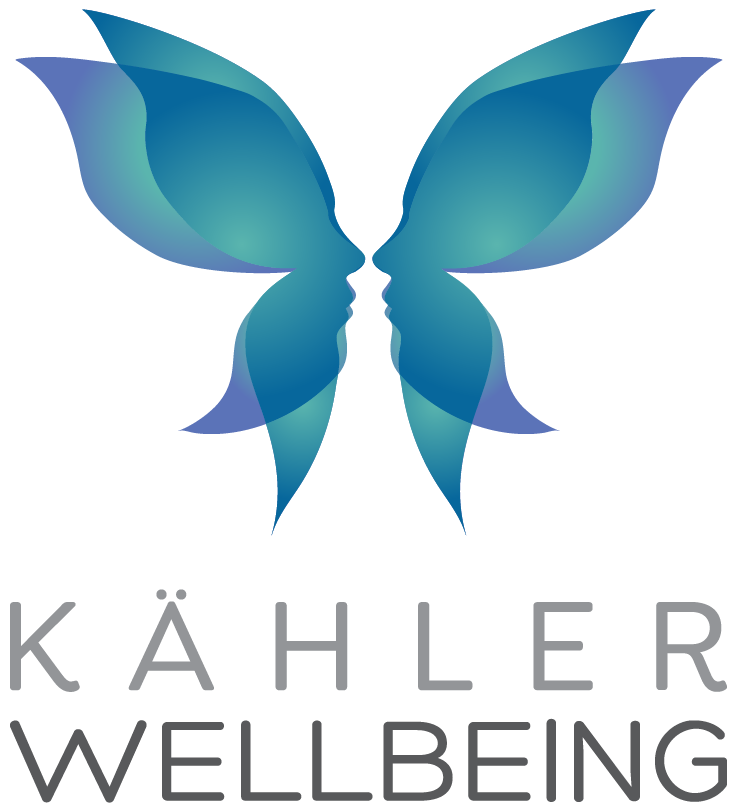An outward radiance and glow are a reflection of our inner health because our skin gives us clues about what’s going on inside our bodies.
If you are looking to clear up your complexion or maintain your glow over the holiday season, then you will want to pay special attention to what you are eating and drinking and make sure you are mindful of the following areas that affect our skin.
Some of the causes of how a poor diet affects our skin:
1. Disturbed gut health and microbiome
2. Blood sugar imbalance
3. Nutrient deficiency.
Gut health
A healthy digestive system is at the core, quite literally, of our general health as well as specifically our skin. It is responsible for releasing the nutrients our skin needs as well as excreting the toxins, excess hormones and by-products of digestion that we don’t need and that leave our skin dull. It is also home to a vast and delicate mix of microorganisms called the Microbiome.
The microbiome is so big and so important to our health that it is considered by many to function like an organ. It is made up of friendly and less friendly bacteria that live together in a symbiotic relationship meaning they keep each other in check. The friendly bacteria help crowd out less friendly bacteria, parasites, yeasts and fungus.
As we age, our lifestyle choices play a major role in how our microbiome evolves. Stress, medication or any kind, infections, food poisoning episodes, a poor diet made up of sugar, processed foods, alcohol, caffeine but lacking in water, plant food and fibre, essential fats and fermented foods, will all dictate how healthy your microbiome is.
A healthy microbiome will lead to a glowing skin because it affects inflammation, nutrient status and toxin levels that reach your skin.
Solutions to support the gut and microbiome
Practice mindful eating, chew your food well and eat slowly.
Avoid eating when you are stressed
Consume a whole food, plant rich diet high in fibre.
Include fermented foods and bitter foods.
Avoid drinking ice cold water with a meal and choose instead a small amount of herbal tea or room temperature water.
Be moderate with animal products and only consume high quality, organic, grass fed or pastured raised animal products.
Minimize sugar, alcohol, caffeine, additives and processed foods.
Blood Sugar Imbalance
The body uses glucose as its primary source of fuel and transports it to where it is needed via the blood. We get this glucose from the carbohydrate foods we consume and and also refined sugar.
If we consume a diet high refined sugar and sweet foods (cakes, cookies, candy, sweet bread, sweet drinks) and high in processed foods (white flour foods, white bread, bagels, white pasta), the glucose from these foods is absorbed very quickly into our blood stream and our blood glucose (sugar) levels rise quickly. If the blood glucose isn’t used or metabolized properly, it can bind to the skin’s collagen and elastin which can damage our skin. The process is called glycation and can cause our skin to become rigid and therefore more prone to wrinkles and accelerated aging. Other effects of high blood glucose levels are increased inflammation and also a corresponding high blood insulin level. Insulin can lead to an increase in sebum production and cause acne breakouts.
Solutions keeping blood sugar balanced.
Swap out sweet for savory and re-train your palate to enjoy savory more.
Avoid refined white flour foods and choose wholegrain flours and wholegrain rice.
If using white sugar in cooking or adding to foods, replace it with low GI plant sugars like monk fruit and stevia.
When you feel like something sweet, choose dark chocolate over candy.
Always eat treats after a meal and not on an empty stomach.
Nutrient deficiency
Some of the first signs that we are deficient in certain nutrients appear on our skin. This includes both macronutrients (protein, carbohydrate and fat) as well as micronutrients (vitamins and minerals). We can become deficient in nutrients from not consuming enough via a poor diet, from consuming foods that cause an increased excretion of nutrients, (such as alcohol) or because our digestive system is not efficient in assimilating and absorbing the nutrients from our food.
Solutions
Consume a diet of whole foods rich in the specific nutrients that our skin needs and and fresh water.
Water
Filtered room temperature water. Consume regularly throughout the day and adjust according to your need. Heat, exercise, our health, medication, pregnancy etc can all affect how much water we need. Check your urine color by the end of the day and how often you urinate to gauge if you are drinking enough.
Protein
Plant - Fresh nuts and seeds, legumes and wholegrain.
Animal - organic, pastured meats, fish, eggs, goat dairy if you tolerate.
Consume some with each meal.
Essential Fats
Animal - wild alaskan salmon, mackerel, sardines other sustainably caught fish, eggs, grass fed meat and dairy.
Plant - walnuts, linseeds, chia seeds
Antioxidant vitamins A, C, E,
Vitamin C - Broccoli, spinach, peppers, squash, tomatoes, citrus fruit, berries.
Vitamin A - Egg yolk, organic liver, dark leafy greens, dark orange vegetables
Vitamin E - Olive oil, sunflower seeds, almonds, hazelnuts, dark leafy greens,
avocado.
B vitamins
Nuts and seeds, legumes, dark leafy, avocado, liver, eggs, fish, meat, brown rice.
Vitamin D
The best source is from sunlight. 5 to 30 mins exposure of your arms and legs a day depending on your skin type. In the winter this is hard so look into:
Cod liver oil or vitamin D3 Supplements
Wild salmon, egg yolk and shiitake mushrooms also provide a source.
Probiotics
Fermented foods and drinks:
Kefir (goat milk or water or coconut water), sauerkraut, kimchi, miso soup, live yoghurt, kombucha.
Bone Broth
Made from organic beef or chicken bones to provide a rich source of collagen, amino acids and minerals.






